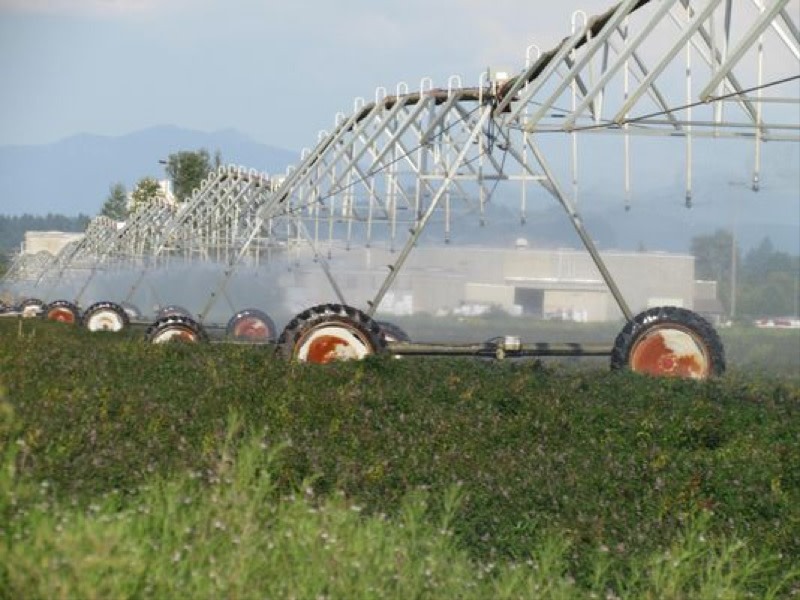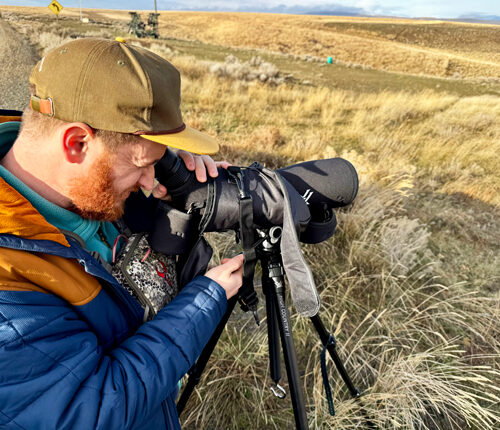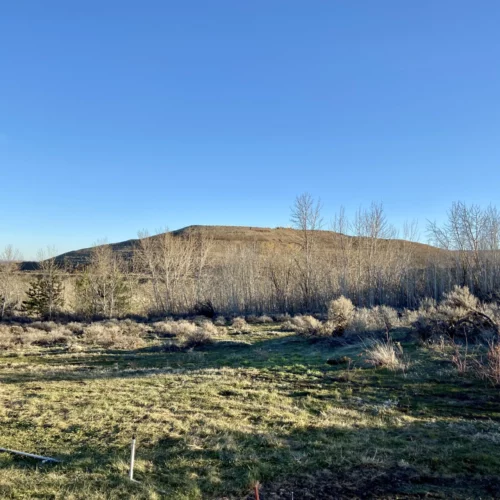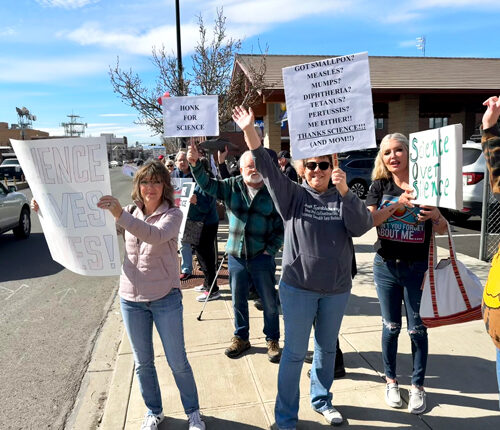
Researchers Will Soon Predict Northwest Snowpack Before The Powder Even Falls
Listen
Farmers, cities, and conservationists rely on melting snow to water their crops, feed their aquifers, and fill streams and rivers for fish. But, usually, no one has any idea how much snowpack—and, thus, snowmelt—to expect until it’s too late.
“It’s important for farmers to understand what can they plant, and when should they plant?” NOAA scientist Sarah Kapnick explained when I caught her on the phone just before the government shutdown went into effect for her agency. “It also matters for people that are really interested in fisheries.”
That’s why Kapnick led a team of researchers to build a tool that can predict the snowpack eight months ahead of time, before the snow even falls. The researchers use conditions in July to predict how much snow will have accumulated in the mountains by the following March. They use observations of ocean temperatures and weather patterns—for example, whether or not it’s an El Niño year—and plug those initial conditions into three global climate models to generate a prediction for what the snowpack will look like eight months out.
Kapnick says the tool can make predictions for individual mountain ranges so each region knows what to expect.
The research was published today in Proceedings of the National Academy of Sciences, but Kapnick and her team want to further refine their tool before making it available to the public.
At the moment, Washington’s snowpack is pretty close to normal, but Oregon’s snowpack is very low.
Copyright 2018 Earthfix
Related Stories:

Searching for sage grouse: Looking for a chicken-sized needle in south-central WA
Seth Hulett, Audubon Washington’s senior program manager of the Columbia Plateau, searches through his spotting scope for sage grouse. (Credit: Courtney Flatt / NWPB) Listen (Runtime 4:12) Read In south-central

Landfill neighbors worry about PFAs contamination seeping into drinking water
A view of the landfill from Carole Degrave’s property line. (Credit: Courtney Flatt / NWPB) Listen (Runtime 0:54) Read For years, some people who live near a Central Washington landfill

Dozens in Yakima rally to support science for national protest
Around 50 people gathered for Yakima’s Stand Up for Science rally on Friday. People around the country attended science protests at the same time. (Credit: Courtney Flatt / NWPB) Listen















